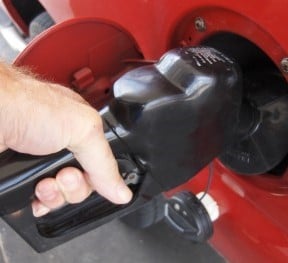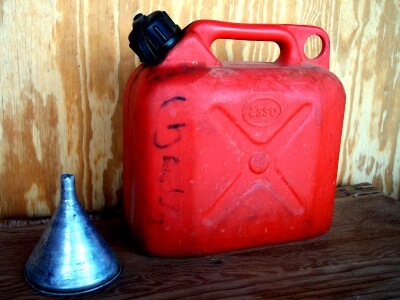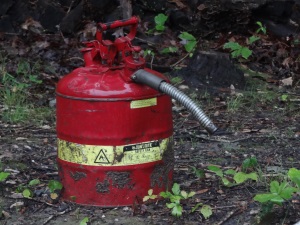What makes a good fuel stabilizer for your car?
Fuel stabilizers are big business for diesel fuel, but may not appear to be so important in gasoline. But gasoline is still petroleum and still...
Professional stored fuel users often have fuel stabilizers in their fuel PM (preventive maintenance) arsenal to make sure the fuels they aren’t going to use immediately stay in peak condition for when they do need them. It makes sense that consumers who store smaller amounts of fuel should follow their example.
![]() But not all fuel storage additives or fuel stabilizers are the same, even if we tend to think of them as “one trick ponies”. We (as stored fuel users) use them to do one primary function – “stabilize fuel”. In other words, keep our stored fuel’s condition from changing over time, such that it darkens, creates sludge and deposits, or doesn’t combust as it should in our particular application. Contrary to the perception, this concept of “fuel stability” actually has multiple moving parts and multiple considerations involved with it. And a better fuel stabilizer will consist of a package of different active ingredients that address these multiple processes, whereas a lower-quality stabilizer will not.
But not all fuel storage additives or fuel stabilizers are the same, even if we tend to think of them as “one trick ponies”. We (as stored fuel users) use them to do one primary function – “stabilize fuel”. In other words, keep our stored fuel’s condition from changing over time, such that it darkens, creates sludge and deposits, or doesn’t combust as it should in our particular application. Contrary to the perception, this concept of “fuel stability” actually has multiple moving parts and multiple considerations involved with it. And a better fuel stabilizer will consist of a package of different active ingredients that address these multiple processes, whereas a lower-quality stabilizer will not.
So that’s what we mean when we say that all fuel stabilizers are not the same. What are these processes that fuel storage additives have to address? We can answer that by listing off the kind of components that make up a better fuel stabilizer.
Oxidation is the primary chemical reaction driver for fuel instability. Any fuel stabilizer worth anything will have an anti-oxidant component that stops oxidation reactions from driving the formation of heavy polymers in the fuel. When the fuel darkens and stratifies, it’s primarily due to the formation of gums and varnishes as a result of oxidation reactions in the fuel. So the antioxidant component of a fuel storage additive will keep this from happening, resulting in extended storage life.
During the course of fuel degradation, compounds called peroxides can tend to form, especially in biodiesel blends. A good fuel stabilizer will contain anti-peroxidal components that keep these from forming.
As fuel goes bad, it forms heavy gums, varnishes and deposits. But these don’t form all at once – they form gradually over time, getting progressively bigger as they come into contact with each other in the fuel. So a fuel stabilizer will usually include a dispersant compound that keeps these deposit molecules separated. This slows the rate at which they react with each other, which slows the rate at which the overall fuel blend degrades. In other words, it helps extend the storage life of the fuel.
These are the three most important components of a fuel stabilizer. If you’re making the choice to protect your stored fuel, you’ll want to be sure that the fuel storage additive you choose has these important areas covered.

Fuel stabilizers are big business for diesel fuel, but may not appear to be so important in gasoline. But gasoline is still petroleum and still...

At their cores, fuel stability and fuel stabilizers are much more about science than anything else. If we want to know more about what they are and...

Fleets and businesses aren’t the only people who need to store fuel. Many consumers regularly keep smaller volumes of fuel at home, for use in lawn...